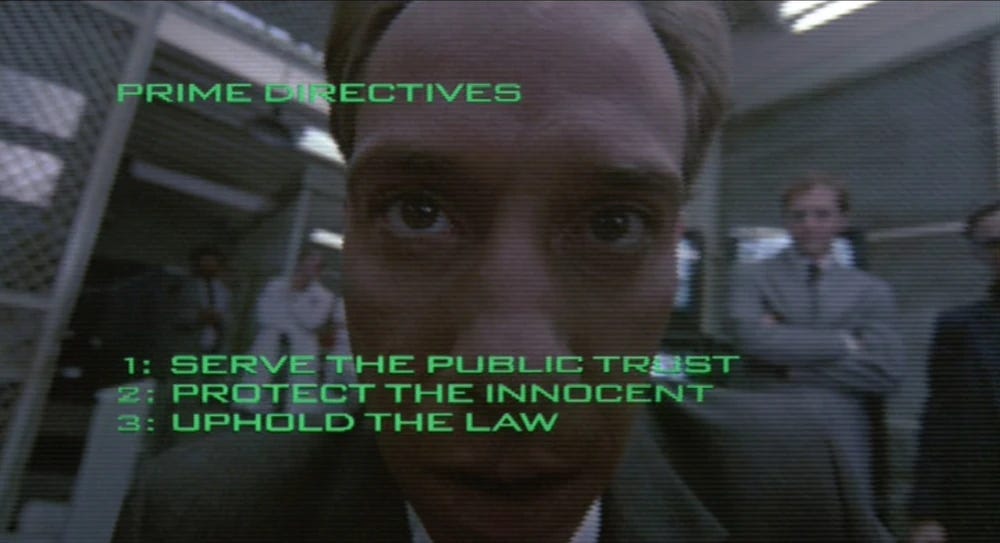
This post is a little different from the norm although it could be construed as the ultimate very long-term investment case for AI.
When I was younger, I liked to read books (here, here, here) about quantum physics and similar topics. I cannot quite say why, I just found it all interesting.
These books were not a fast path to the desired “models and bottles” lifestyle that so many in their early 20s seek. In fact, once upon a time on a trading desk, I left a copy of Seife’s Zero on my desk and the traders decided to encourage a female visitor to pretend to also be reading the same book which, naturally, I thought was great. But, of course, it was all a ruse with an end goal of making fun of me. C’est la vie.
Anyway, through reading these books and related topics, I came to realize that our sun has a finite life of about 9 or 10 billion years at which point the sun will expand outward engulfing Mercury, Venus, and probably Earth. If it doesn’t reach Earth, it will make life impossible on Earth.
This is obviously not very upbeat stuff but, unless modern physics is wrong, thems the breaks. As things stand and if nothing is done, the human race will cease to exist.
Quick side note, Mars won’t provide a safe haven.
So what can be done?
In theory, smart people could dream up a way to keep the sun alive or otherwise do something to prevent the seemingly inevitable. But, for this post, let’s assume that isn’t the case and that the only chance for humanity entails finding another planet like Earth (sounds very Interstellar, right?).
The closest potentially habitable planet is Proxima b which is 4.22 light years away. Now, some facts:
Each light year equals about 6 trillion miles thus Proxima b is about 25 trillion miles away.
Currently, the fastest spaceship that could accommodate human passengers goes about 25k miles per hour.
Notwithstanding issues like having enough fuel, 25 trillion miles at 25k miles per hour takes about a billion hours.
Assuming 24 hours in a day, that’s about 42 million days.
Assuming 365 days in a year, that’s about 115k years.
Assuming an average age of 100 (why not right?) that is about 1,150 generations.
Adding it up, it would take over 1,000 generations to reach Proxima b given current technology.
In theory, someone might figure a faster way to travel or another solution. But, if they don’t, I tend to imagine some Alien movie style deep space journey but, instead of cryosleep, you’re the 400th generation on a 1,150 generation quest to save the human race. Can you picture it? You wake up for your 50th birthday in your white cotton space robe and get to eat some dehydrated space cake rations while looking out the giant spaceship window knowing you have 50 more years of spaceship life as your part in the perpetuation of the human race to reach a planet that ultimately might not be livable. Sign me up!
I find it hard to believe a single generation could spend their entire life in a spaceship let alone 1,150 generations. In fact, given what we currently know, the only hope for the perpetuation of the human race is an evolution into some form of AI. Or, at a minimum, AI powered robots taking cryogenically frozen embryos and such on a 115k year journey.
If you read Alfred Adler’s Understanding Human Nature which is 100 years old, you realize people don’t change. Meanwhile, Adler contends that personalities are largely formed in response to some emotionally jarring experience in early life. Something that causes us pain early on sets the stage for our life’s mission which acts as something like Robocop’s prime directives in forming and influencing our views and actions.
In theory, we could use Adler’s framework to “seed” AI with some kind of deficit which could then become the basis of forming a personality in conjunction with AI’s ability to process large amounts of data. These pseudo humans could, in theory, make a journey that long. Alternatively, they could be constructed to survive in climates that carbon based life forms cannot.
Obviously sufficient energy to power all of this is a serious consideration. And, in all likelihood, the journey is too far and too long to work without something happening (systems failure, asteroid, etc.).
There is also the issue of AI bots having 115k years to ponder things. Would they perhaps begin to act like David 8? Not an unreasonable question.
Ultimately, to my way of thinking, AI powered humanoids are really the only hope for the future of our species given what we currently know.
So…
Maybe NVDA really can become worth infinity dollars?!



Excellent thought-provoking post!
George, enjoyed the post. There's a great book I read through recently discussing humanoid robots in great detail with scenarios for their use, many of which might come as a surprise. It doesn't extrapolate out like you did, but still very interesting. It is "Humanoid Robots: Everyday AI Machines of Tomorrow: How AI Humanoid Robots Will Revolutionize Daily Life, Work, and Play" by Dr. Samuel Xiangming Li. My library had it.